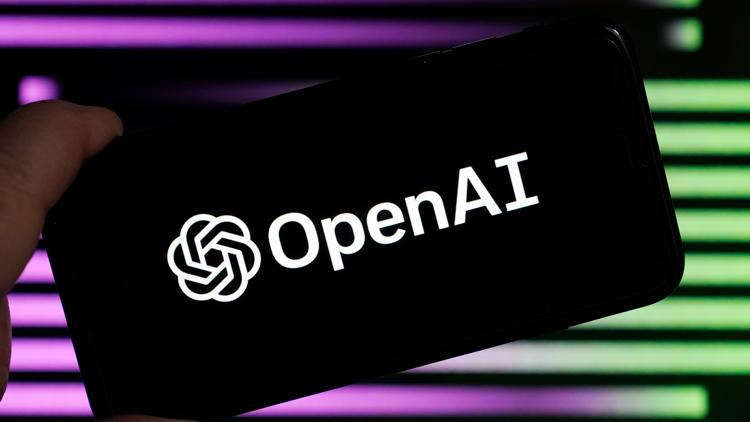OpenAI Fires at Google with the Launch of Its Revolutionary ‘Atlas’ Browser
In a bold move that could redefine how people navigate the internet, OpenAI has unveiled its new web browser, Atlas, during a surprise livestream event. The announcement, led by OpenAI CEO Sam Altman, marked a significant moment in the evolving battle between artificial intelligence and traditional search engines — particularly Google.
“We think AI represents a rare, once-a-decade opportunity to rethink what a browser can be,” Altman told viewers. “Just as the URL bar and search box shaped how people once used the web, we’re now entering an era where the chat experience itself becomes the new gateway to the internet.”
Altman’s words, delivered with the poise of a visionary, signaled more than just the launch of a new browser. His message suggested a coming transformation — one that might render traditional browsing tools and search models obsolete. And at the heart of that disruption lies one of Silicon Valley’s biggest giants: Google.
The Atlas project, long rumored within the tech community, has been viewed as a direct challenge to Google’s dominance in both search and browsing. With Google’s Chrome currently holding the largest global market share, the arrival of Atlas — powered by ChatGPT’s conversational intelligence — could trigger a major industry shift.
Currently, ChatGPT attracts over 800 million weekly users, and OpenAI hopes to channel that massive base into Atlas. While Chrome’s free model doesn’t immediately generate losses per user, a mass migration could restrict Google’s advertising reach and weaken its grip on user data. The timing is especially sensitive for Google, which recently faced a U.S. Department of Justice ruling barring it from making exclusive search deals.
Adding to Google’s worries, Ben Goodger, Atlas’s Head of Engineering and a key figure in the early development of both Firefox and Chrome, described Atlas as a complete rethinking of search. “This new model of search is really powerful,” Goodger explained. “It’s a multi-turn experience — a back-and-forth conversation with your search results instead of simply being sent to a web page.”
While Google has attempted to weave AI features into its search results, its approach has been incremental — adding snippets and previews rather than redefining the search journey. Atlas, however, promises a deeply interactive chat-based search, allowing users to refine and explore queries in a natural, conversational manner.
Another intriguing aspect of Atlas is its advertising potential. Although OpenAI currently avoids serving ads, the company’s recent recruitment of adtech specialists hints at future monetization plans. With Atlas, OpenAI gains direct contextual access to a user’s browsing environment — a potential goldmine for targeted advertising. Unlike Google and Meta, whose privacy concerns have drawn public scrutiny, OpenAI could leverage this trust to build a new kind of ad ecosystem.
Still, questions remain. Can Atlas truly shift user habits that have been shaped by decades of Chrome and Google Search? And will users embrace a browser that blends chat, search, and AI so deeply into the web experience?
Whatever the outcome, OpenAI’s Atlas marks a pivotal moment in the tech landscape — one that could redefine the boundaries between browsing and artificial intelligence. As the company pursues a clearer commercial path to match its massive infrastructure investments, Atlas might just be the key to turning OpenAI’s bold vision into a lasting reality.
Source: Techcrunch
news via inbox
Get the latest updates delivered straight to your inbox. Subscribe now!




